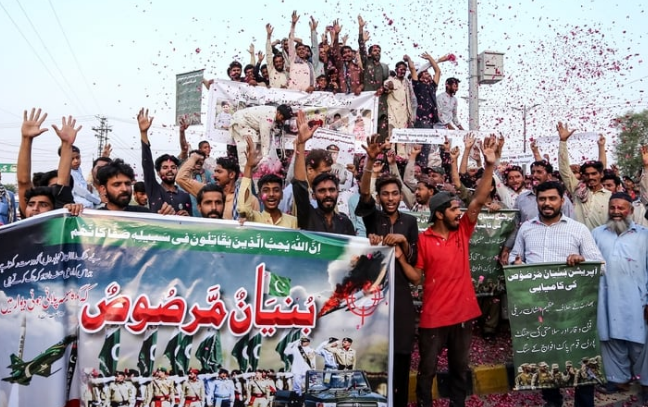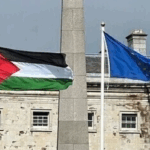India and Pakistan have agreed to a full and immediate ceasefire following four consecutive days of military exchanges, with diplomatic efforts led by the United States credited for brokering the breakthrough.
US President Donald Trump announced the development via a statement on Truth Social, writing, “After a long night of talks mediated by the United States, I am pleased to announce that India and Pakistan have agreed to a FULL AND IMMEDIATE CEASEFIRE.” He praised both nations for “using common sense and great intelligence.”
The agreement, confirmed by both governments, took effect at 5:00 p.m. Indian Standard Time (12:30 p.m. Irish time) on Friday. Pakistan’s Foreign Minister Mohammad Ishaq Dar said the agreement marked a step towards peace, adding that Islamabad remained committed to regional stability while defending its sovereignty.
US Secretary of State Marco Rubio and Vice President JD Vance were actively involved in the talks, with Rubio stating that both sides have also agreed to begin negotiations on a broader set of regional issues at a neutral location.
The ceasefire comes after days of intense military activity along the heavily militarised Line of Control, sparked by a deadly attack last month in Indian-administered Kashmir that killed 26 tourists. New Delhi blamed the assault on the Pakistan-based militant group Lashkar-e-Taiba, which Islamabad denied, calling for an independent investigation.
In recent days, tensions escalated with drone strikes, artillery exchanges, and retaliatory airstrikes. Loud explosions were reported in Srinagar and Rawalpindi, with Indian forces claiming to have destroyed multiple Pakistani drones and repelled attacks in Punjab’s Amritsar region. Pakistan’s military said it shot down 77 Indian drones and accused India of bombing its own territory—an allegation New Delhi has not addressed.
The violence prompted evacuations in key areas like Jammu, where residents rushed to flee amid fears of a broader conflict. “There are loud explosions the entire night,” said Karan Varma, a mason trying to escape the fighting. “There is no choice but to leave.”
The civilian death toll had climbed to at least 66 by the time the ceasefire was agreed. Tensions were further inflamed by reports of an Indian airstrike on the Rawalpindi air base, just hours after Saudi Arabia’s foreign affairs minister had departed the facility.
India and Pakistan have fought several wars over the disputed Kashmir region since their independence in 1947. Armed group activity in the region has increased since 2019, following India’s revocation of Kashmir’s partial autonomy.
Both nations’ military leaderships have agreed to speak again on May 12 to review the ceasefire and ongoing developments. While the truce has brought a temporary halt to hostilities, observers caution that long-term peace will depend on sustained dialogue and regional confidence-building measures.

















